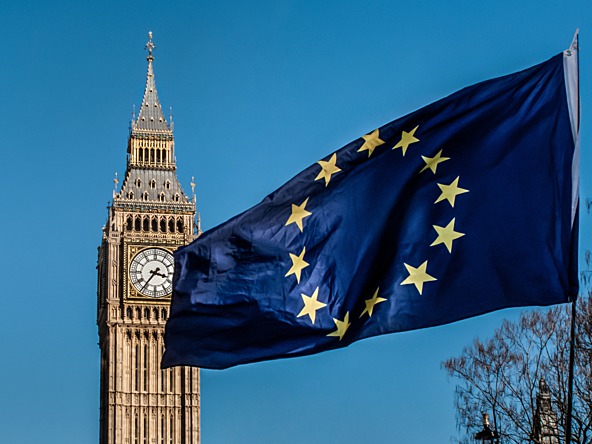NEWS11 June 2019
All MRS websites use cookies to help us improve our services. Any data collected is anonymised. If you continue using this site without accepting cookies you may experience some performance issues. Read about our cookies here.
NEWS11 June 2019
UK – Three-quarters of the British public think a close relationship with Europe will be important after the UK leaves the EU, while there has been a decline in the number of people who think the country should ‘punch above its weight’ on a world stage, according to research.

The survey conducted by The Policy Institute at King’s College London, Ipsos Mori and UK in a Changing Europe, an initiative funded by the Economic and Social Research Council, found that 54% of respondents think Brexit has harmed Britain’s standing in the world.
While respondents who voted to remain in the EU in the 2016 referendum overwhelmingly think Brexit has caused harm ( 82%), leavers were more divided, with 36% feeling that Brexit has strengthened the country’s standing and 29% believing it has been harmed.
The research also explored the public’s views on the importance of a close relationship between Britain and the EU post-Brexit, finding that three-quarters ( 77%) think it is important. However, there is less confidence that this type of relationship is likely ( 52%).
Two in five overall respondents ( 39%) think the EU is Britain’s most important relationship, but this has declined from almost half ( 47%) in 2017. While leave voters are more confident than remainers that Britain will have a close relationship with the EU post-Brexit, they also think it’s less important – only 13% of leavers feel the EU is the most important to Britain, compared to over two-thirds ( 69%) of remain supporters. Meanwhile, only 10% of remain voters think the Commonwealth is most important, compared to 39% of leavers.
Among all respondents, only 15% think the US is Britain’s most important relationship – a figure that has halved since 2017.
There has also been a decline in the number of respondents saying that Britain should ‘punch above its weight’ in world affairs, compared to three years ago ( 40% in 2019 compared to 53% in 2016 ). Leavers are more likely to agree ( 48%) than remainers ( 37%).
Britons are most likely to identify with their home nation ( 62%), Great Britain ( 57%) or local area ( 42%), according to the research. While both leave and remain voters identify with these identities, remainers are more than five times as likely as leavers to identify with Europe ( 56% compared to 10%).
Around half of respondents ( 53%) support the government’s vision of a ‘Global Britain’ as outlined by Theresa May, but these supporters are split over whether it will be achieved in reality.
The Policy Institute at King’s College London, Ipsos Mori and UK in a Changing Europe ran the survey of over 1,000 people in Great Britain between 5th and 9th April 2019: all adults aged 16-75 in GB ( 1,100 ), adults aged 18-75 who voted remain in 2016 EU referendum ( 465 ), voted leave ( 432 ), Conservative supporters aged 18-75 ( 231 ), Labour supporters ( 290 ).
Related Articles
0 Comments